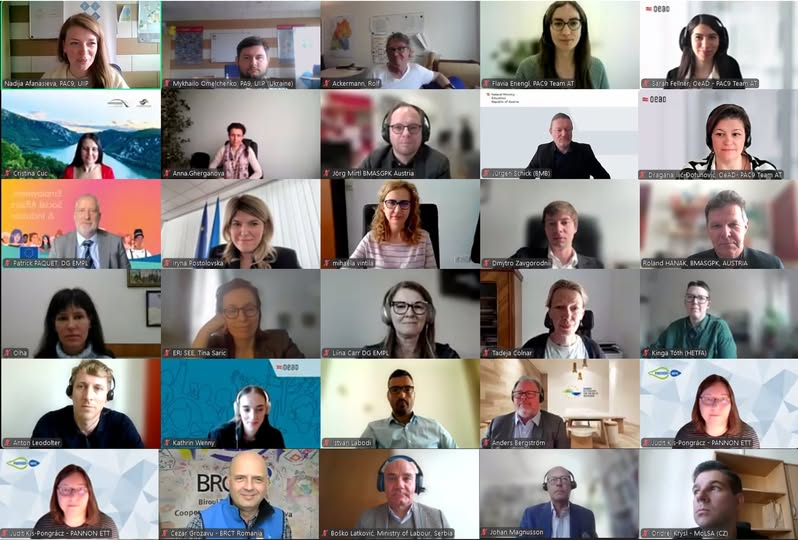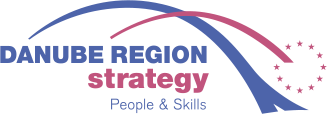13th International Stakeholder Conference

Towards an Innovative, Resilient and Inclusive Danube Region through Unity and Cooperation
Date: May 12th-13th 2025
Venue: online via Zoom
The conference served as an open platform for dialogue, exchange and best practices, and the developmnet of new ideas among stakeholders of the Danube Region. The general objective of the conference was to raise the discussion relation to the latest challenges within the Priority Area 9 “People and Skills”. Dealing with short- and long-term consequences of the war in Ukraine remains a high-priority challenge that states from the Danube Region currently face. Education, social and labour systems have been under significant pressure for the past years and thus require innovative approaches and increased resilience to be able to respond to the challenges.
The conference focused on four key topics:
- Education and labour market spheres in the context of EU accession of the Danube Region candidate countries
- Raising the attractiveness and visibility of vocational education and training (VET)
- Reskilling, lifelong learning and employment of vulnearable groups
- Cooperation and financial instruments supporting the innovative, sustainable, and resilient transformation of the Danube Region.
The conference was hosted by the Ministry of Education and Science of Ukraine and the Ukrainian Institute for International Politics in partnership with the Federal Ministry of Labour, Social Affairs, Health, Care and Consumer Protection of the Republic of Austria, the Federal Ministry of Education of the Republic of Austria, the Ministry of Education and Research of the Republic of Moldova, the Ministry of Labour and Social Protection of the Republic of Moldova, the OeAD – Austria’s Agency for Education and Internationalisation and L&R Social Research, with the support of the Interreg Danube Region Programme, co-funded by the European Union.
Concept and the Agenda
Conference Report
Presentations
Tina Šarić, Education Reform Initiative of South Eastern Europe (ERI SEE)
Svitlana Shytikova, National Erasmus+ Office Ukraine – Erasmus+ Projects for VET




